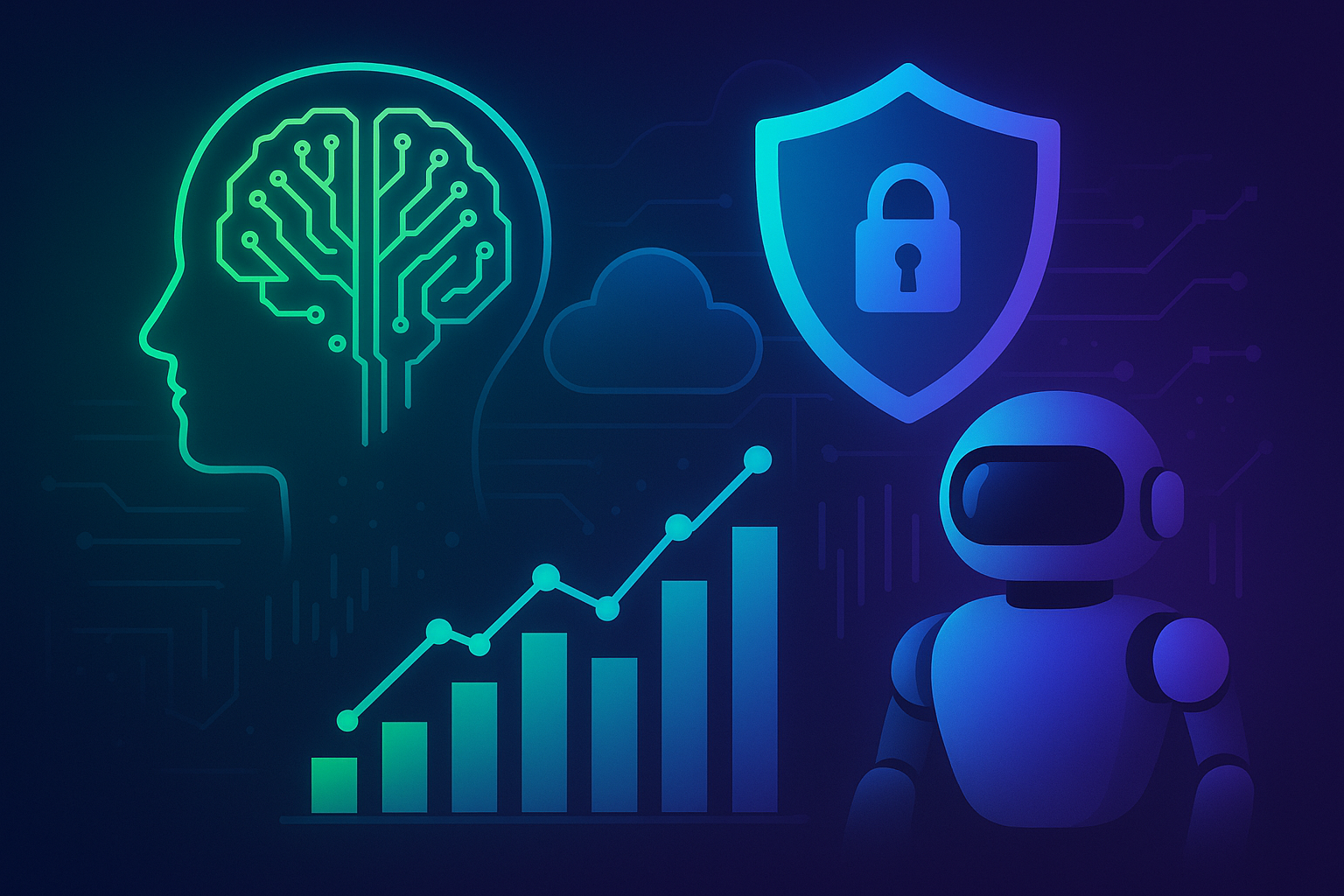FAA’s New Cybersecurity Rules for Airplanes: What They Mean for Aviation Security and Business Operations
The Federal Aviation Administration (FAA) has recently introduced new cybersecurity rules aimed at securing the systems on commercial airplanes from potential cyber threats. This landmark move signifies the growing recognition of cyber risks in the aviation sector, which has traditionally focused more on physical security. In this article, we explore the implications of these new regulations, how they impact the aviation industry globally and offer valuable insights for companies seeking to bolster their cybersecurity measures.
Understanding the FAA’s New Cybersecurity Regulations
On August 23, 2023, the FAA announced new rules that require airplane manufacturers and operators to adopt stringent cybersecurity measures. These rules aim to protect against hacking and other cyber threats that could compromise the safety and security of flight operations.
The FAA mandates that manufacturers must design aircraft systems to be resilient against cyber-attacks. This involves rigorous testing, continuous monitoring, and the implementation of advanced security protocols. Airlines, on the other hand, are required to keep their systems updated and compliant with the latest cybersecurity standards.
Key Aspects of the New Rules
- Risk-Based Assessments: Manufacturers and airlines need to conduct regular assessments to identify potential cyber threats and vulnerabilities.
- Incident Response Plans: Airlines must have a robust incident response plan in place to address any cyber incidents swiftly and effectively.
- Continuous Monitoring: There is a requirement for ongoing monitoring of aircraft systems to detect and respond to cyber threats in real-time.
- Compliance and Audits: Regular audits and compliance checks are mandatory to ensure adherence to cybersecurity standards.
The Global Impact on Aviation Security
While these regulations are U.S.-centric, their implications are global. The interconnected nature of the aviation industry means that cybersecurity practices in one part of the world can affect operations elsewhere. European and Asian markets, for instance, may look to these regulations as models for their own cybersecurity policies. This harmonization can lead to a more secure global aviation network.
European Aviation Safety Agency (EASA) Initiatives
The European Aviation Safety Agency (EASA) has been proactive in addressing cybersecurity. Similar to the FAA, EASA has issued guidelines and standards aimed at securing aviation infrastructure. The focus is on a coordinated effort to mitigate risks and ensure the safety of air travel across Europe.
Spanish aviation companies and other EU members will benefit from aligning with both FAA and EASA standards, ensuring comprehensive cybersecurity posture across the board.
How Hodeitek’s Cybersecurity Services Can Help
As companies navigate these new regulations, partnering with a specialized cybersecurity firm like Hodeitek can be highly beneficial. Hodeitek offers a range of cybersecurity services designed to address these specific requirements and enhance overall security infrastructure.
EDR, XDR, and MDR Services
Our EDR, XDR, and MDR services provide advanced threat detection and response capabilities. These services help in monitoring endpoints, detecting threats across multiple vectors, and effectively responding to incidents. Implementing these can ensure continuous monitoring and protection of essential flight operation systems.
Next Generation Firewall (NGFW)
The Next Generation Firewall (NGFW) offered by Hodeitek provides advanced filtering and threat protection features. This can be crucial in protecting network traffic and ensuring that only legitimate communications occur within airplane systems.
Vulnerability Management as a Service (VMaaS)
With Vulnerability Management as a Service (VMaaS), companies can regularly scan for and address vulnerabilities in their systems. This ongoing process is vital to stay ahead of emerging threats and maintaining compliance with FAA’s stringent requirements.
SOC as a Service (SOCaaS) 24×7
Hodeitek’s SOC as a Service (SOCaaS) 24×7 provides around-the-clock monitoring and incident response. This is essential for real-time threat detection and response, ensuring that any cyber threats are promptly addressed.
Industrial SOC as a Service (SOCaaS) 24×7
For industrial systems within the aviation sector, our Industrial SOC as a Service (SOCaaS) 24×7 offers specialized monitoring tailored to industrial environments, helping secure critical infrastructure against sophisticated threats.
Cyber Threat Intelligence (CTI)
Implementing Cyber Threat Intelligence (CTI) can provide actionable insights into potential threats, helping aviation companies proactively defend against cyber-attacks.
Data Loss Prevention (DLP)
Hodeitek’s Data Loss Prevention (DLP) solutions ensure that sensitive information within airline systems is safeguarded against unauthorized access and potential breaches.
Web Application Firewall (WAF)
The Web Application Firewall (WAF) from Hodeitek offers robust protection for web applications, ensuring that web-based interfaces and services used by airlines are secure from cyber threats.
Industry Analysis and Statistics
According to a report from the International Civil Aviation Organization (ICAO), the aviation industry has seen a sharp increase in cyber-attacks over the past few years. These attacks range from data breaches to attempts at gaining control over critical systems. The necessity for enhanced cybersecurity measures is evident from the numerous incidents reported globally.
Real-World Examples
In 2015, a cybersecurity researcher demonstrated the possibility of hacking into a commercial airplane’s systems through the in-flight entertainment system. In another instance, in 2017, a major European airline suffered a massive data breach impacting thousands of customers. These incidents underscore the importance of robust cybersecurity measures in protecting the aviation industry’s integrity.
Conclusion
The FAA’s new cybersecurity rules mark a critical step in ensuring the safety and security of air travel in today’s technology-driven world. As the aviation industry evolves, so do the cyber threats it faces. It is imperative for manufacturers and airlines to adopt comprehensive cybersecurity strategies that encompass risk assessments, continuous monitoring, and robust incident response plans.
For businesses in the aviation sector, partnering with cybersecurity experts like Hodeitek can provide the necessary tools and expertise to navigate these new regulations effectively. By leveraging our specialized cybersecurity services, companies can ensure compliance and fortify their defenses against the ever-evolving landscape of cyber threats.
Ready to bolster your cybersecurity measures? Contact us today to learn more about how Hodeitek can help secure your aviation operations against cyber threats.






